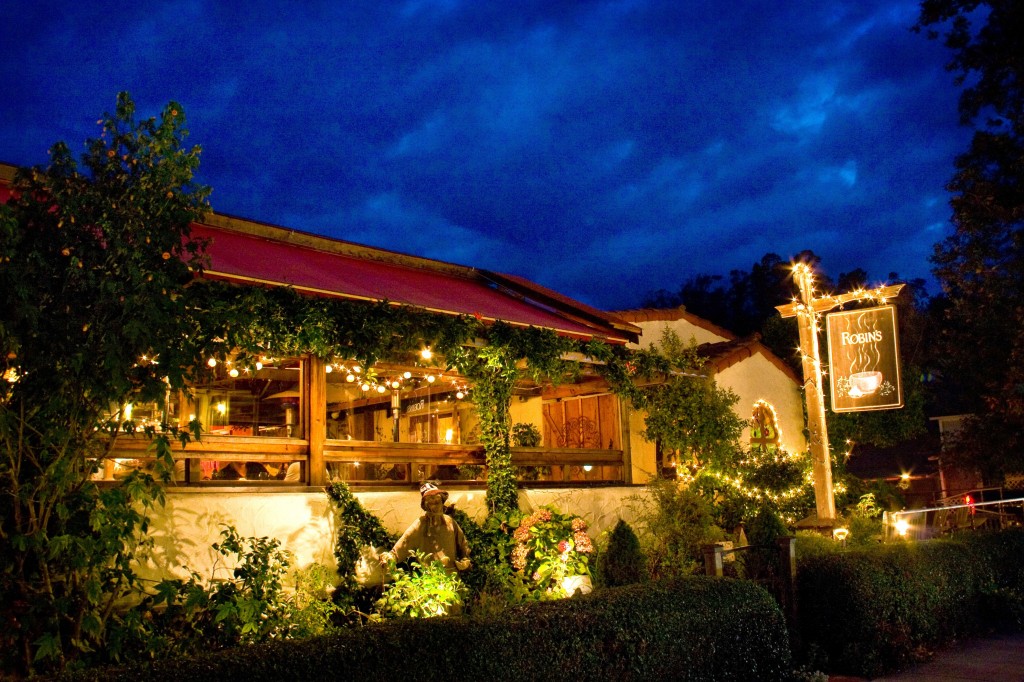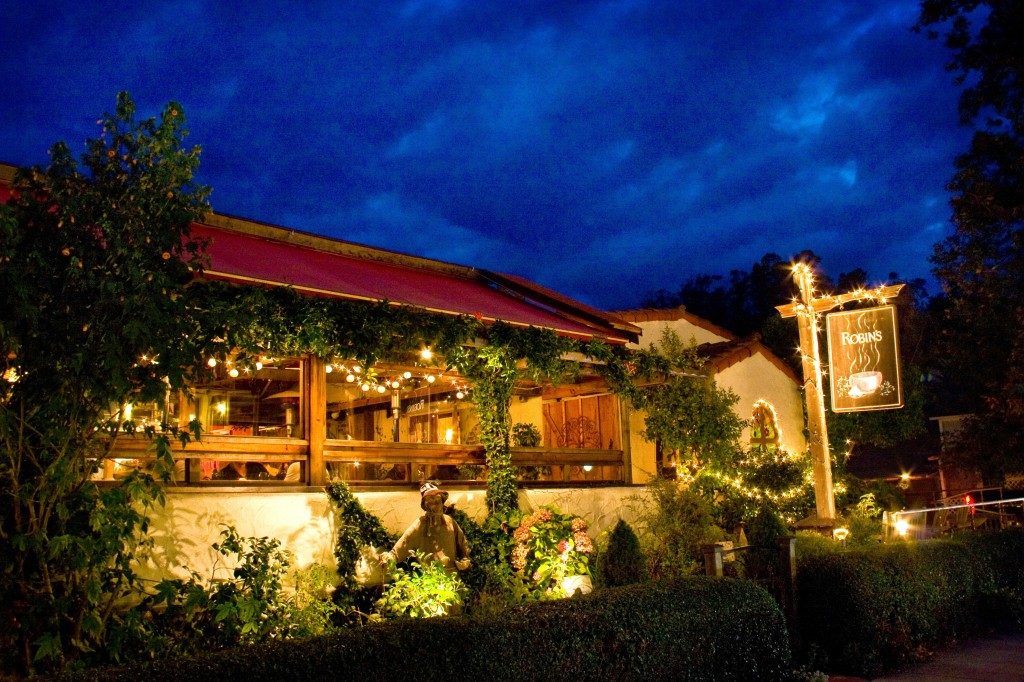
Q & A with Chef William Ouderkirk, Robin’s
Why did you become a chef?
Ever since I was a young kid I knew this is what I wanted to do. I remember spending a lot of time in the kitchen at home and was fascinated with cooking and the flavor combinations you could come up with. My parents cooked more European style meals so having a wide range of foods prepared at home is what inspired me to keep on cooking and pursue this as my career.
How would you describe your cooking style?
I am not sure if I really have a particular style, but I have a preference on my flavor profiles. I have a very large French cooking background. I like a lot of refinement these days without the heavy plating and keeping the flavors of the dishes simpler than past years and letting the product speak more naturally than an emphasis on longer cooking techniques.
Who were your earliest cooking influences and how did they influence you?
I went to culinary school in the United Kingdom, and at the time Gordon Ramsay, was just becoming a very famous chef for his 3 star Michelin restaurant. I bought his book on pastry and since then I am a very large fan. I loved his approach on food and his way of not overcrowding a plate and creating a harmony on the plate with his food. His technique is always striving for perfection and he set the bar high for me in my young chef life of what to strive for as a chef.
What cultures/regions influence your cooking and why?
Being from Canada we have a very large French and Asian population. I love French food and most of the restaurants I have worked at were French and European. In Toronto the Asian markets and restaurants were a big influence on expanding my culinary repertoire. I love how Asian dishes are very simple and then if you apply French technique and approach you get something surprising in the end. That is what challenges me.
In cooking, what inspires you?
I think having a really great product is the first step. Using as much local as possible and working in seasons. When fish comes in season, or certain cuts of meats or when vegetables just start to sprout up. Once you have that, the creative side comes into it. What flavor’s work well, what food have I not cooked before, or what is trending with other chefs and what have I eaten recently that has impressed me that I want to make my own.
Where do you get ideas for new dishes?
I tend to buy a lot of cook books and see what other restaurants are doing and what other chefs are up to. If I like something or a flavor combination I will take it and transform it to fit it for Robins. Also, talking with people. Going to markets and working with our suppliers to come up with a dish that reflects where we are on the central coast.
What do you to do give your dishes a personal flair?
I like to incorporate the presentation into my dish. So that it is not only visually beautiful, but it also tastes great and gives it a little twist to what you would normally expect.
What is your favorite style of food to create and why?
I have always had an interest in all types of food. But if I have to pick one it would be modern French. I love the technique and how the food visually looks. I like how most modern chefs don’t just use one type of specific veg, but a lot of heirloom, and foraged products. It is a great way to be different and to use various cooking styles for one product.
What is your favorite dish to create and why?
Ever since I worked for Thomas Henkelmann it has been spaetzel. It is super easy to make it, and working the dough is always fun. It tastes great with everything you put with it, and it is an awesome comfort food.
What’s your favorite secret ingredient to use in cooking and why?
I love piment d’espelette. It comes from the Pyrenees. It has a great smokey, peppery, and chili flavor to it. A little bit adds so much to a cassolet or even cauliflower cheese.
What’s the best tip you can offer a budding or at-home chef?
Taste your food. Seasoning will make and break a chef. Their palate is the most important thing in their repertoire.



